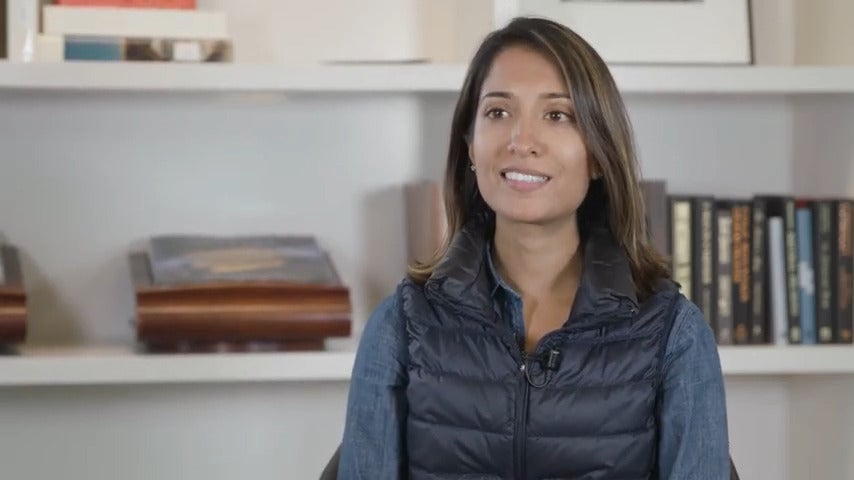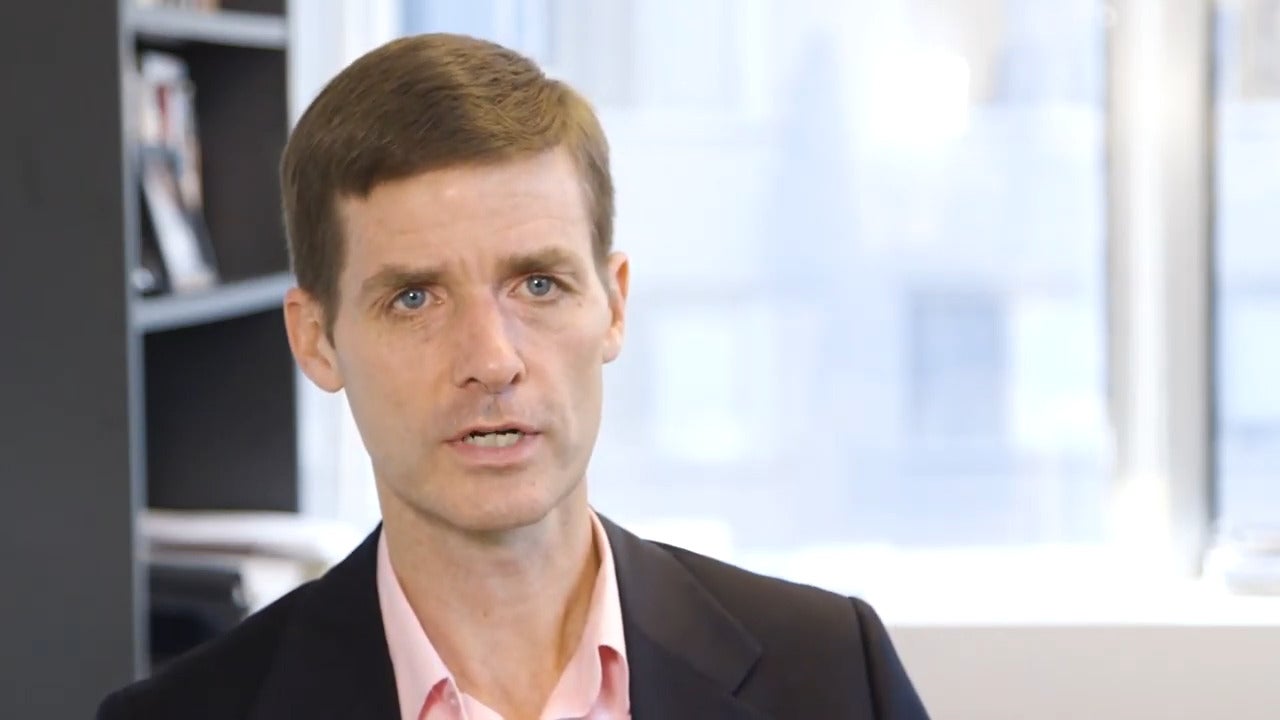The financial challenges for American households didn’t start with COVID-19 – and they won’t end with the $2 trillion stimulus package. Experts Ida Rademacher and Joanna Smith-Ramani explored the state of U.S. households coming into 2020 – and what policymakers, funders and philanthropists, and business leaders need to know about household financial security if we’re going to design solutions to get households out of this economic crisis and put the country back on track.
We set the stage by sharing the context of household financial challenges; what has suddenly changed in a COVID-19 world; and answered some of the questions we’ve been asked by policymakers and business leaders over the past few weeks.
This digital event was the first in a series that explores why addressing key household financial challenges is needed to make an equitable economic recovery.
Attendees walked away with:
- Resources and research that explains why 178 million households across America came into 2020 already struggling financially
- Trends that undergird these financial challenges
- Insight into the questions that our executives have been asked by business leaders and policymakers in response to the COVID-19 pandemic
- A peek into the priorities and design considerations that leaders have been discussing as we design products and policies and build a system to improve the financial security of people living in America.
Join us for a lively series—and don’t forget to sign up for the Aspen Institute Financial Security Program Newsletter.
What you Need to Know
Income Volatility: Managing the Swings
Wiped Out: Medical Debt in America
This Pandemic Has Exposed the Inequities of Our Nation
Featured Research
Aspen Institute Financial Security Program’s Short-Term Financial Stability in US Households (2019), highlighting the four financial cushions which households need to thrive – and why short-term cushions are key to long-term financial security.
Asset Funders Network, The Assets Movement at a Moment of Reckoning (2017), which provides a look at economic and policy changes which erode the foundations of shared prosperity.
Federal Reserve Bank of San Francisco, Longer-Run Economic Consequences of Pandemics (2020), a working paper on the ways pandemics affect economic activity.
Federal Reserve Board’s Survey of Household Economics and Decisionmaking (SHED) (2018), a foundational survey conducted since 2013 measuring well-being, credit access, behaviors, savings, retirement, and more.
Financial Health Network, Pulse (2019), an overview of the financial health of US consumers, including the finding that 47% of Americans’ expenses exceed income; 43% are using credit to make ends’ meet.
JPMorgan Chase Institute, Income Volatility 2.0. This analysis uses proprietary data to show income and consumption fluctuations on a yearly basis.
The Manhattan Institute’s Oren Cass, The Cost of Thriving (2020). Price and cost indices do not adequately measure what a family needs to do to achieve financial security.
Prosperity Now Scorecard, The Unequal Impact of the COVID-19 Crisis on Households’ Financial Stability (2020), highlighting the populations most vulnerable during economic crises — and what we need to do to avert another catastrophe.
US Financial Diaries, a multi-year research project tracking the financial lives of 235 low- and moderate-income households, also featured in the book The Financial Diaries.
Featured Speakers

Ida Rademacher @idarademacher
Executive Director, The Aspen Financial Security Program @aspenfsp
Vice President, The Aspen Institute@aspeninstitute
Ida Rademacher is a vice president at the Aspen Institute and executive director of the Aspen Financial Security Program. Since joining the Institute in 2015, Ida has combined her expertise in economic inclusion research and policy with her reputation as a collaborative and creative thinker to expand FSP’s efforts to bring to the national forefront a solutions-focused discussion of how America can actually improve economic growth by addressing growing levels of wealth inequality and household financial insecurity. Her efforts have resulted in the creation of several new cutting-edge initiatives, including the Expanding Prosperity Impact Collaborative (EPIC), the Reconnecting Work and Wealth Initiative, and the Aspen Leadership Forum on Retirement Savings. Through these projects Ida and her team are building a cross-disciplinary community of leaders and change agents who, together, are deeply probing critical financial challenges facing U.S. households and shaping market and policy innovations that can improve the financial security and financial well-being of all Americans. A resident of Virginia’s Shenandoah Valley and an avid horseback rider, Ida is the first generation in her family to attend college. She pursued postgraduate studies in economic anthropology at the University of Melbourne, Australia; holds a Master of Public Policy degree from the University of Maryland; and a Bachelor of Science degree in anthropology and economics from James Madison University.

Joanna Smith-Ramani
Managing Director, The Aspen Financial Security Program @aspenfsp
Joanna Smith-Ramani is Managing Director of the Aspen Institute Financial Security Program, a leading national voice on Americans’ financial health. She is responsible for conceptualizing, planning, and overseeing the program’s research, convenings, and programs, aimed at furthering FSP’s mission to illuminate and solve the most critical financial challenges facing American households and to make financial security for all a top national priority. Joanna has more than 15 years of experience across community, personal finance, and asset development. Joanna has led national and state legislative campaigns resulting in the passage of a federal law and more than 10 state laws expanding savings innovation across the nation. She is a trusted expert on financial security and inclusion, having been quoted in numerous national and local media outlets such as the New York Times, National Public Radio, and Fox Cable News. Joanna holds a Master of Public Policy degree from the Harvard Kennedy School and a B.A. in Urban Studies from Barnard College, Columbia University. She serves on the Board of the CASH Campaign of Maryland, A Wider Circle, and the Lilabean Foundation, and was selected to the 2017-2018 class of Leadership Montgomery.
Learn more
This event is part of the Conversations in Financial Security in Response to COVID-19: How to Triage, Recover, and Stabilize series, an ongoing digital event series hosted by the Aspen Institute Financial Security Program that works to triage the immediate effects of the current pandemic, design solutions allowing households to recover, and address the structural challenges to stabilize financial security at the household level.

